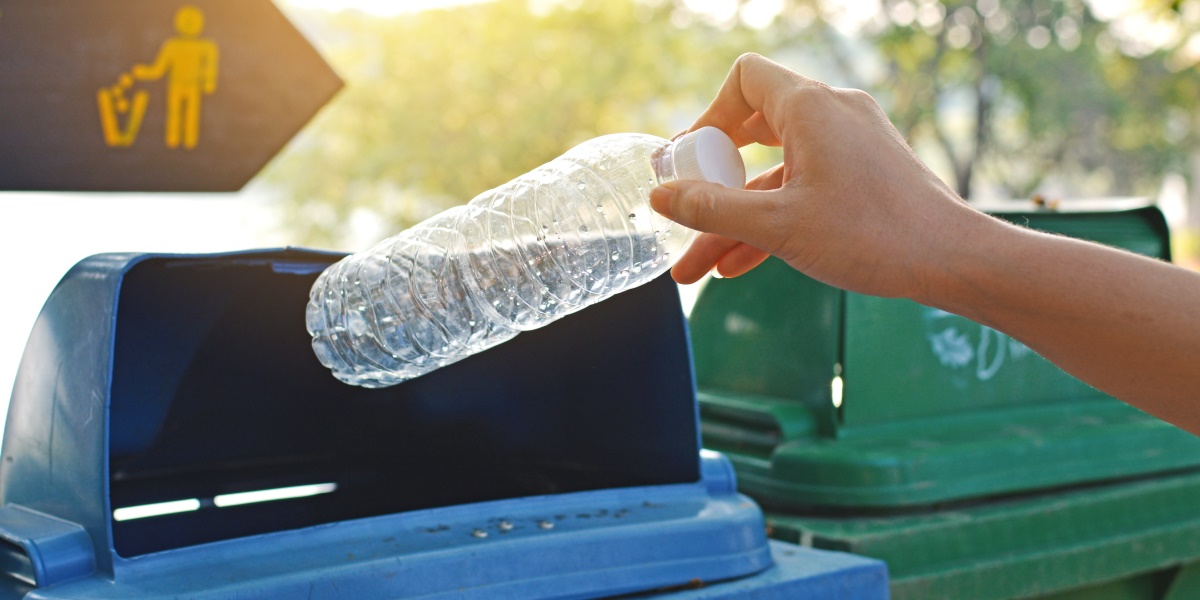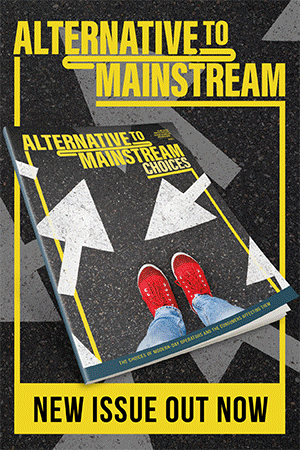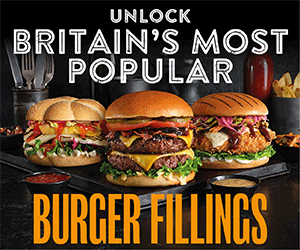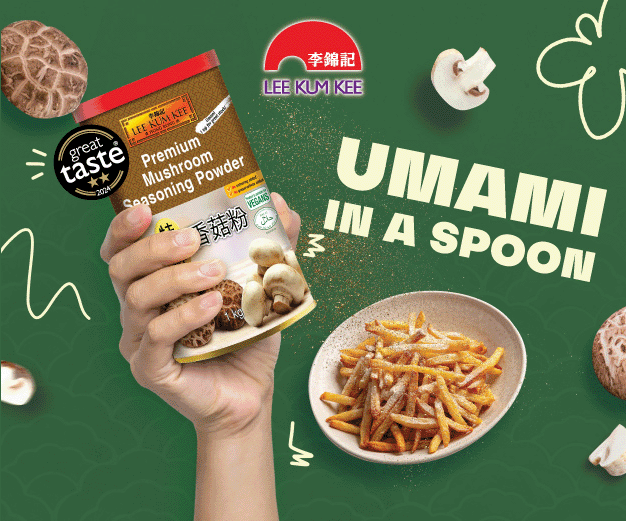Feature: New packaging legislation

We ask experts from the FPA and WSH for their thoughts on the latest packaging legislation...
As you are doubtless aware, the government recently announced that operators will be banned from using single-use plastic (SUP) plates, cutlery, trays, bowls and some polystyrene cups and containers (called foamed in the legislation) from October this year. This news has not been well received in some quarters, perceived as being an extra expense at the worst possible time – and considering there are plenty more changes, including the proposed deposit return scheme (DRS), also in the pipeline.
“Although most caterers are well on the road to switching these items to alternatives, this is only part of a plethora of legislation and new regulations affecting packaging for catering,” explains Martin Kersh, executive director of the Foodservice Packaging Association (FPA). “This includes the plastic tax, single-use plastic bans, extended producer responsibility and DRS – all terms caterers will have to become very familiar with.”
With all this in mind, we spoke to Kersh – along with Mike Hanson, director of sustainable business for contract caterer Westbury Street Holdings (WSH), who was fresh from speaking all things green at an Arena networking event – about the upcoming changes, and what solutions are available.
How will the new legislation affect caterers?
Hanson: “A business’s approach should be based on the principles of the waste hierarchy and preventing waste arising wherever possible.
“We have a culture in the UK of taking out, eating on the go and using disposables that you don’t really see that much of in mainland Europe. Our culture is more like the US in that regard.
“The type of disposable item you are using needs to be aligned to the waste streams you have available, but swapping out one single-use item for another is largely redundant. What you gain in one area you will lose in another. It is the concept of ‘single-use’ that we need to be moving away from.
“At WSH, we have largely moved away from the items to be banned under the new regulations already. Those who haven’t will need to find non-plastic alternatives while ensuring they have the waste streams to deal with their choices.
“The next rung down on the hierarchy ladder is ‘reduce’; if you cannot prevent use entirely you should be able to reduce by maybe introducing reusable takeaway strategies. Change the default so the standard is a ceramic cup or mug. If you want to take away, it should be a reusable takeaway cup, and if you still want a paper cup you can, but you’ll need to pay for it.”
Kersh: “Operators will be forced to buy more expensive packaging, some of which has a carbon footprint higher than the packaging being replaced, and none of it is less likely to be littered. They may find their customers don’t like the alternatives and find similar criticisms to those for paper straws replacing plastic.
“This will greatly impact salad bars and other serve-yourself facilities, and it may mean less effective packaging being used. Without clear guidance, operators will find themselves confused, while the timing – 1st October – means there may not be sufficient supplies of alternatives.”
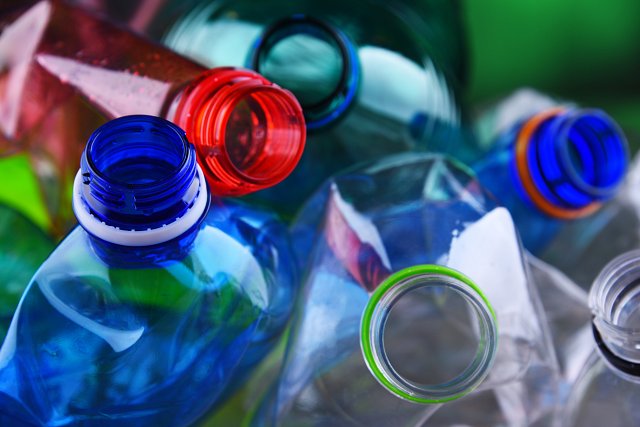
There has been some pushback regarding expense. Do you support the move?
Hanson: “Yes, absolutely – I think it has been long time coming and could go further. The hospitality sector produces a huge amount of waste; if we are serious about sustainability and recognise the huge impact we have as a sector, we must embrace every effort to reduce our impact wherever possible.
“The alternatives don’t have to be more expensive and costs shouldn’t really be a driver here. We are in a climate emergency and we must change our approach to almost everything if we are to limit temperature increase to 1.5°c.”
Kersh: “We support all efforts to reduce litter and to improve circularity of materials in our economy. However, we are concerned that the SUP bans will not achieve either. The policymakers are unable to answer specific questions as to what is included in the ban and in what circumstances.
“Does a bowl, to be a bowl, need to be round? With plates, bowls and trays excluded when used as packaging (pre-filled), operators will find themselves using two types of packaging to serve the same item. For example, sushi, when pre-packed, a plastic tray may be used; when customers choose the ones they want, plastic trays can’t be used.”
Are your partners and customers receptive?
Hanson: Yes, completely. Our customers are largely all aware of the need to reduce waste and improve resource efficiency on our finite planet. Our customers and clients look to us to be a trusted advisor and, along with wider society, their expectations around sustainability performance have grown exponentially particularly since the pandemic.
“Our sphere of control may be limited, but our sphere of influence is unlimited. We have a huge responsibility to not only deliver best in class, but to give customers enough information so that they can make an informed choice. It is our job to encourage them to make their choice the right one.”
What alternatives do you have in place/will bring in?
Kersh: “Alternatives exist, but we are concerned the lack of available supplies will push up prices, as they did with paper straws. We ask operators not to be taken in by claims of biodegradability, unless the circumstances under which this happens are clearly pointed out and certification is provided. If the evidence can’t be provided, then the claim is false.”
Hanson: “As I have previously said, non-plastic alternatives such as cellulose, bagasse, bamboo, wood and, of course, reusables!”
What advice would you offer on managing this transition smoothly?
Kersh: “Forward planning is essential to ensure you are not left having to scrap banned items. We recommend gathering information on alternatives, ensuring the sources supplying information are credible and impartial, and obtaining samples to test out with customers. Clear guidance is needed.”
Finally, do you have any advice on the new DRS that has been announced?
Kersh: “The key issue for DRS and operators is whether they are able to host return points without compromising hygiene and safety. Space in premises is an issue and keeping used containers, including those containing dregs of alcohol, away from ready-to-eat food.
“We also need a decision on whether VAT will be applied to deposits. This was first raised more than two years ago and the treasury has still not made its mind up.”
Hanson: “The DRS for England, Wales and Northern Ireland is clearly designed to take the learnings from the early adopters in Scotland that come into place this August, which again has been a long time coming.
“Not including glass is an error in my view, but it will be included in Wales, which will add significant complication. It will be frustrating to many that the four nations can’t be joined up in approach.
“How the DRS will impact the existing and fairly successful kerb side recycling scheme will be interesting to see. The administrative burden of the system for businesses can’t be underestimated.
“These reforms are the biggest government intervention on packaging for more than 25 years and set the legislative framework for packaging for the next 25 at least. Bear in mind that not engaging isn’t an option for any business using packaging – you could be liable to big fines. Keep an eye on the FPA website for news and updates on the legislation and how it could affect your business.”


